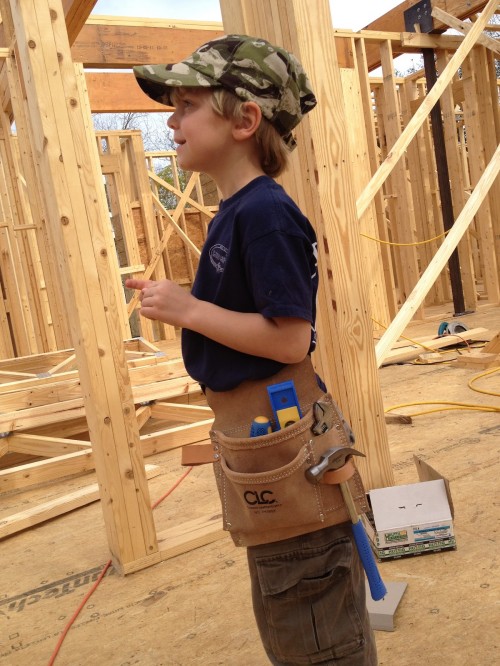Parenting Children and Teens to Be Achievers
It probably sounds like a moot point to ask which would be a better gift, even for Christmas, success in school or a train set. The answer should be obvious.
But, as no small part of my practice is with children who are dealing with school difficulties, I have met some children who I truly wonder if they will ever know even one good day in school.
I am told of a research study done in the Alpine School District in an attempt to see if putting an extra teacher’s aide in the classroom would help “underachievers.”
At its conclusion, the study had shown that there was statistically no difference in the success rate of slower students whether or not they had a teacher’s aide. Except in a few isolated cases.
When they looked at the few isolated cases, however, they found an interesting fact. Most all of them were children of the hired teacher’s aides.
Their parents had learned what was required for success and taught their children how to succeed when they were at home – talk about parenting!
But there was more than just that, other children those same aides were teaching didn’t seem to respond as dramatically as their own child did. Could it be something to do with the fact that it was the child’s own parent who was doing the teaching?
Every infant is born with a certain set of characteristics like: activity level, adaptability, intensity, quality of mood, distractibility, threshold of responsiveness, and others.
A study of 700 children in Kauai, Hawaii followed up small for gestational age babies (low birth weight) with “poor” characteristics (like mentioned above) going to “good” families (patient, democratic discipline techniques, giving, etc).
After many years, nearly all of the challenged children had eliminated or lessened to insignificance all of their bad areas. Who gets the credit? Is it the “good” parents or is it the infants/children for willingness to learn?
I am told of a study done in Judge Bradford’s First District Juvenile Court with 124 children. They divided them into four groups with different treatment plans.
Thirty-one had treatment through probation as always – five improved. Thirty-one had extra individual help with the child — seven improved.
Thirty-one had no different help with the child but had special support classes for the parents — twenty-nine improved!
 The last thirty-one had extra help with the children and the parents, and again twenty-nine improved.
The last thirty-one had extra help with the children and the parents, and again twenty-nine improved.
The greatest agent of change in a child’s life is his parents as his role models.
That is why I always get a little nervous when I hear someone say “I may not spend quantity time with my children, but it’s the quality.”
Time: It’s the quality plus quantity, for how can you ever be a role model, or example, if you’re not there?
I was told by a teacher once, that she had a student with a very low motivation for schoolwork. One particular problem area was that he would put his feet on top of the desk and relax in class instead of working.
The teacher had decided to bring this up with the family at parent/teacher conference but before she could, the first thing the father did was put his feet up on the edge of her desk and leaned back!
See, we even teach things unconsciously (either for good or bad) to our children.
Dr. Lynn Scorsby, a clinical psychologist, was asked to design an evening program for parents of “underachieving” children in the Alpine Utah School District.
Feeling it would be the best way to begin, he invited all of these parents to an initial meeting to voice their concerns and ideas on how to help their children.
His initial statement was, “Tell me what positive experiences you remember from your own schooling” and NO ONE could even mention one! Even with a great deal of prodding.
It seems like the parents had not had a successful experience at school, and their children weren’t having any either.
We are continually being told what we are doing wrong, but I wonder if there are enough people teaching us methods of “doing it right.”
Nearly every teacher I have ever met has told me outright, or implied that “it’s the problem children’s parents who we don’t see in parent/teacher conference.” (think of what this implies if you haven’t conferenced with your child’s teacher yet.)
It’s not too late! You can request a teacher conference any time during the school year.
I sincerely wish you a joyous holiday season and hope that your family will have a large amount of the “The Best Gifts.”

